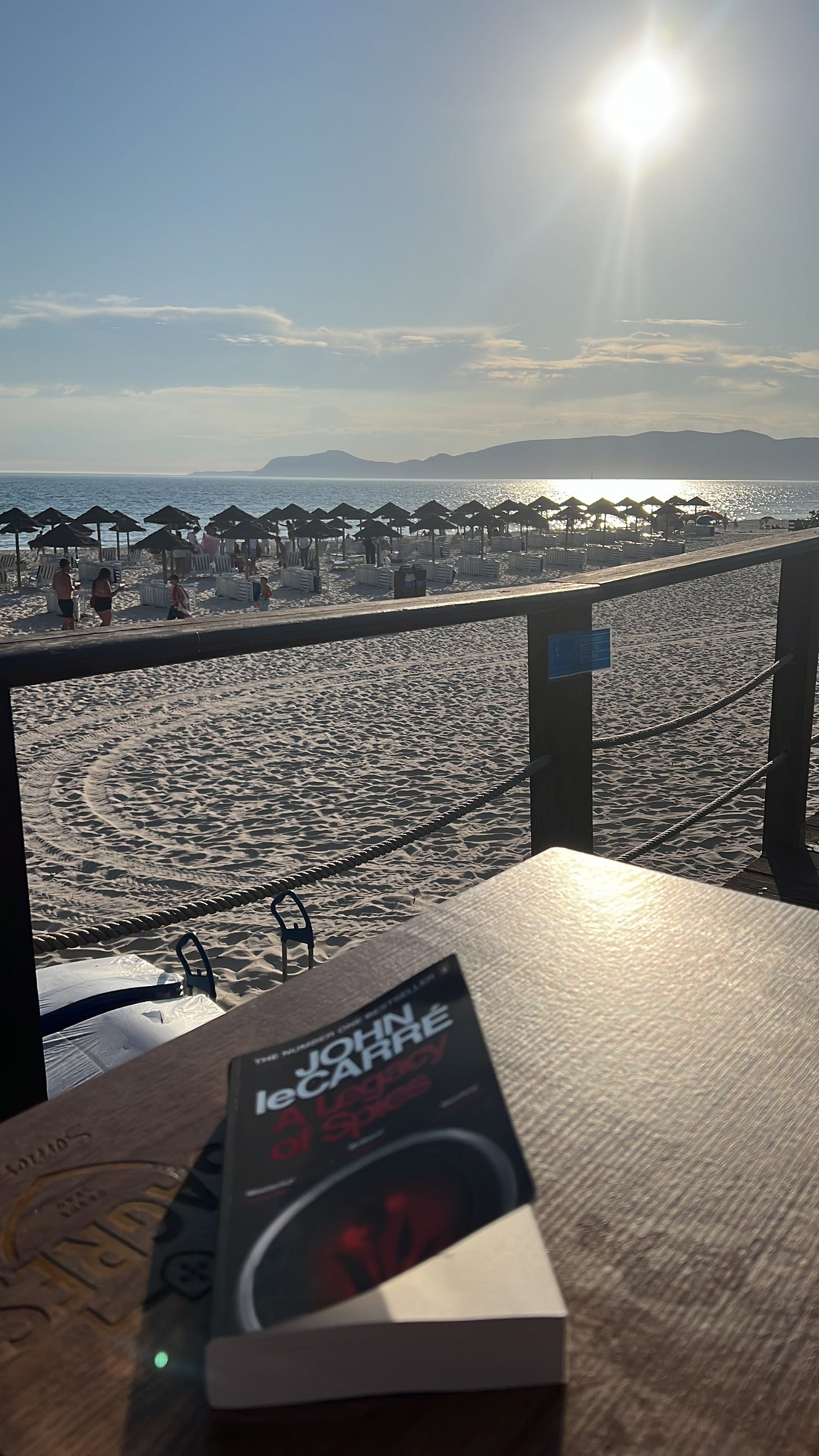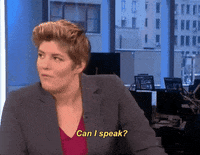Last orders: Sport, booze and the future of the pub
Overthinking the sports business, for money
Matt Cutler here – Richard’s escaped to Portugal for a week, he sends his regards…
5 takeouts from Last Orders
This week’s podcast is a documentary length edition from UP Productions.
Listen here:
Here’s a good stat:
The number of UK licensed premises fell below 100k last year, for the first time since records began.
1. The pub is SO important to UK society
I think I always knew this, but I’d never really thought about it until this year.
Forget the fact many are lovely buildings and can date back to medieval times in some cases.
They’re a social hub – and a welcoming one at that.
They employ large numbers of people – and young people in particular.
They give the arts – musicians, comedians, poets – a place to perform when no-one else will.
They attract tourists.
2. And they’re a fundamental part of UK sport
The pub has played a central role in professional and grassroots football for hundreds of years.
The place to meet family before the game, and dissect a win or loss for hours afterwards.
Where a table is reserved for the big game on the big screen to bring together old school friends.
Where their Sunday League team congregates, celebrates and commiserates.
Could sport exist without the pub? Could the pub exist without sport? I think they could. But together they perform better.
Professor Wray Vamplew (Emeritus Professor of Sports History at the University of Stirling) in Last Orders
3. Pubs are REALLY fighting the tide
We know the cost of living crisis has effected loads of industries.
Less people are even going to McDonald’s FFS.
But pubs have it worse than most. Not only are punters hit in the pocket, they are also at the behest of energy bills and supplier costs that, well, they have very little choice to save on.
Oh, and the UK government isn’t helping.
Stat: pubs currently pay 2.8% of the business rates bill in the UK but only account for 0.5% of total business turnover, which is an overpayment of around £500 million by the sector each year
Doesn’t sound fair to me.
Gregg Mulholland, former MP and campaign director of the Campaign for Pubs, says in the documentary that people from outside the UK would think we were mad to let pubs continue to close in record numbers.
4. We speak to people who are in the sports industry, but are never central to the conversation
This will be the only instance I include people praising me; I ain’t that narcissistic.
But I was so happy Stephen (and others) have picked up on speaking to untypical people.
The sports industry is complex. It’s not just a Venn diagram of influence where rights-holders, media, sponsors and brands cross over at various points.
So many people rely and invest large amounts of time and money into sport, or giving platforms for sport to thrive. The volunteers/parents running teams taking their kids swimming before work (a big one at the moment with the Olympics).
The police at every Premier League game.
Dare I say it, train operators.
The pub owners and landlords run these venues at the heart of communities, pay increasing amounts every year to show them sport, break their backs to ensure it doesn’t take an hour to get a pint before a game.
And are some of the hardest hit by the cost of living crisis, which happened just as their Covid scars were healing.
There are tens of thousands of them in the UK. Shouldn’t we be listening to them?
PS this is one reason it’s so long!
5. Won’t someone think about men for crying out loud?
Yes, that is said tongue in cheek.
But there is a serious point here.
We’re starting to see a changing pub/sport dynamic in the shape of matchday rituals, the funding of grassroots football, and male social interaction.
And it’s on the latter part to Dom Collingwood from FANZO, whosummed up the role of the pub perfectly in the doc:
There's a research centre in the States which found that the number of men who would say that they don't have any close friends has increased from 3% to 15% since 1990. One in three men say they can no longer identify a single really close friend.
In the past…men would have fallen back on these spaces between work and home, so you would have had working men's clubs, you would have had churches, you would have had town halls…and the pub is anabsolutely fundamental part of that in today's society, and I think that's why it's so important that we protect pubs
Have a listen for yourselves and less us know what you think.
And let us know what you think we should be looking at next.
(Now press the Like button)





